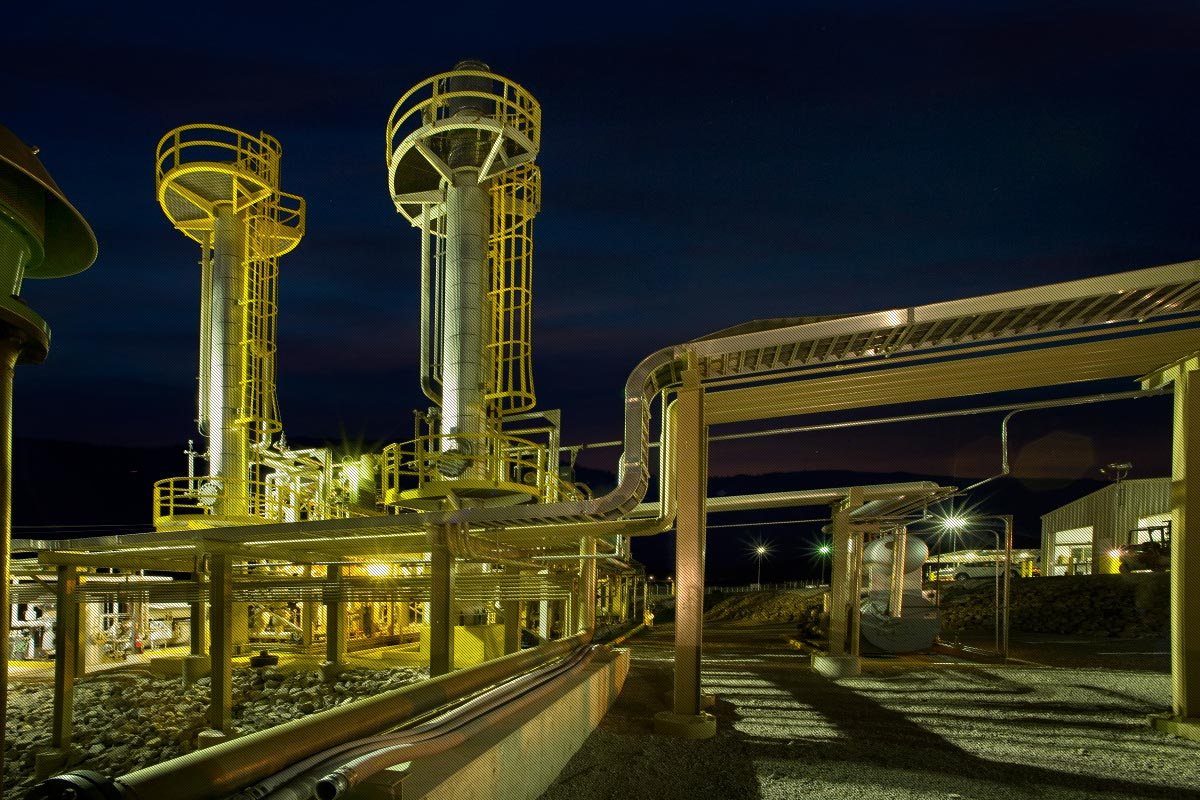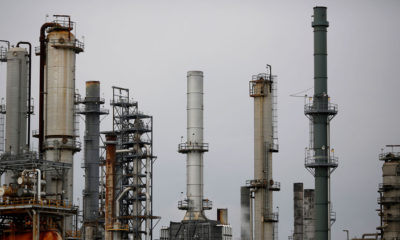- Oil Firm Begins Works on 25kbd Modular Refinery
Waltersmith Petroman Oil Limited, operator of Ibigwe field located in Oil Mining Lease (OML) 16, has indicated it is already working on the development of an additional 25,000 barrel a day (bd) modular refinery few months after it commenced work on a 5,000bd modular refinery.
In October 2018, Waltersmith performed the ground-breaking ceremony of its 5,000bd modular refinery.
But in a statement, the firm stated that it has commenced development work to add 25,000bd refining capacity to this.
The statement noted the company’s long term strategy was anchored on delivery of its targets by 2026, which include achieving 100,000bpd crude oil and condensate production; processing 500 million standard feet per day (mmscfd) of gas primarily as fuel for power and installing and supplying 1000 megawatts (MW) of electricity, including renewables, amongst others.
The company also reiterated its commitment to the safety of its staff, host communities and their environment. It explained that it has a stringent safety regime in place to bring the risk of any accident associated with oil and gas operations down to the absolute minimum and or prevent major incidents that could result in multiple fatalities or injuries, or loss of infrastructure critical to the economy,
According to the statement, the company highlighted this during its 2019 health, safety and environment (HSE) week, with the theme ‘safety- my responsibility.
“As a company, we are committed to full implementation of our safety policies. We will support all staff/support staff and contractors in taking time to work safely. We will address every safety concern promptly,” said the Chief Executive Officer of Waltersmith Petroman, Abdulrazaq Isa.
He further explained: “If you stop a job for safety reasons, we will back you up. If there is an incidence, we will fully investigate and share the lessons learnt to prevent re–occurrence. We will recognise any staff that reports the highest number of near misses.”
According to the statement, the HSE week came about from 2011 when the company had a blowout incident on a drilling project. It added that no life was lost but six people sustained injuries and while monies were lost.
“We have learnt that accidents are caused by human or equipment failure in one form or another. We have also learnt that all accidents are preventable, subsequently we have safely drilled six wells from the lessons learnt,” Isa said, adding that in March 2019, Waltersmith clocked two million-man hours without lost time incidence (LTI).
The statement noted that the HSE week witnessed the participation of the industry regulator – Department of Petroleum Resources (DPR); Imo state government fire fighters; Federal Road Safety Corps (FRSC); Shell Petroleum and Development Corporation (SPDC); Seplat Petroleum and other service providers.
Isa, in this regards said: “Together, we must demonstrate a strong safety culture for others to emulate and stand firm on zero tolerance to any unsafe act.
“Only by this firm commitment, can we successfully deliver all our projects in a cost effective, safe and timely manner.”
Also, in recognition of his commitment to safety, the statement stated that a staff, Ethelbert Nwadike, was presented with a prize by the firm’s Executive Director, Peter Ekhaesombi, for reporting the highest number of unsafe act.

 Forex3 weeks ago
Forex3 weeks ago


 Naira2 weeks ago
Naira2 weeks ago
 Billionaire Watch2 weeks ago
Billionaire Watch2 weeks ago




 Naira2 weeks ago
Naira2 weeks ago




 Naira4 weeks ago
Naira4 weeks ago




 Naira2 weeks ago
Naira2 weeks ago


 Naira7 days ago
Naira7 days ago
 Banking Sector4 weeks ago
Banking Sector4 weeks ago




















